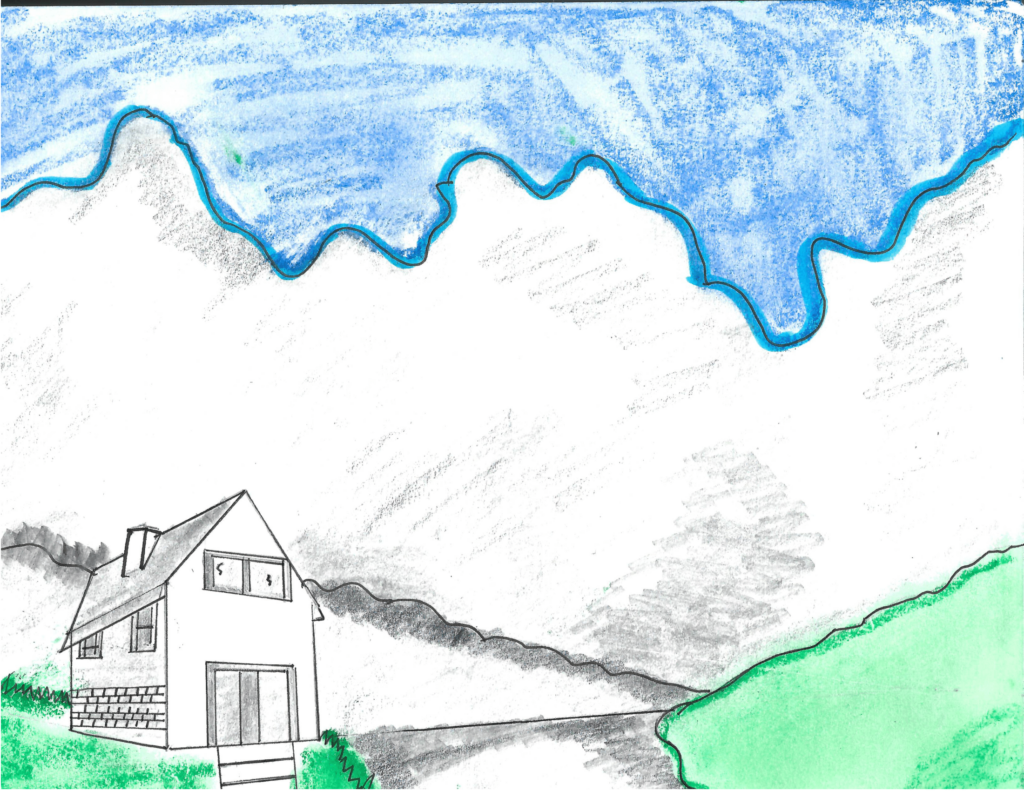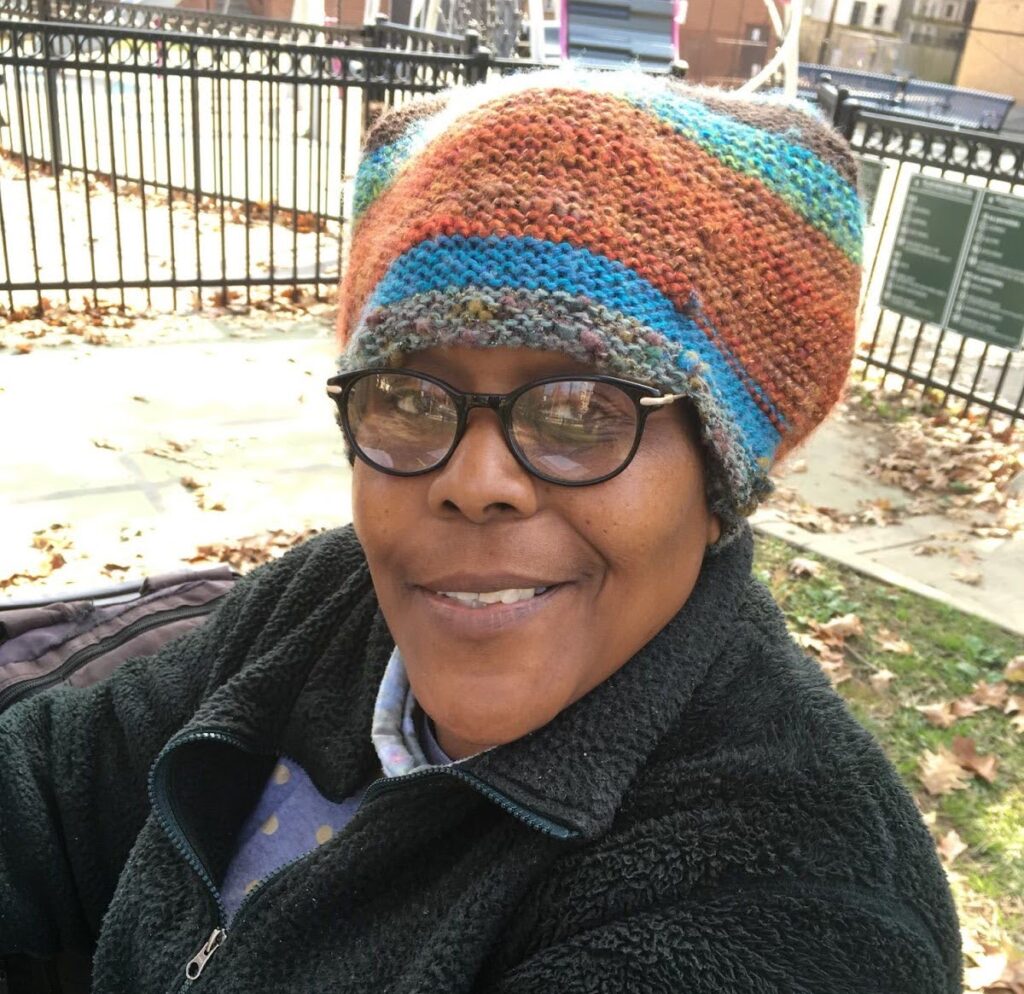As an administrative assistant for a director of a substance abuse “program” in Baltimore city, I maintained the schedule of the intensive outpatient ward and outpatient group therapy where an approach called “cognitive behavioral therapy” was utilized to assist veterans and civilians to stop using alcohol and/ or drugs. I met a female who initially was shy and addressing the challenges that I had conquered. I called this student in our program “go from a caterpillar to a butterfly!” Moreover, after she completed our program her confidence level rose, she held her head high, smiled often, and exuded a level of self-esteem that I know the program helped her achieve.
I hugged her at the end of the program and she said, “thanks so much for your help” We both cried. I had assisted her in changing the direction of her life.
She started smiling all the time, started wearing make-up, changed her hairstyle bought new clothes and exuded a confidence and persona that we helped her achieve in four months.
I’ll never forget her. I see her face in my mind sometimes. It was a good feeling at the end of the day when she hugged me and thanked me, I thanked her too. I think about her sometimes and whether she’s still doing well.
What was interesting was that the job didn’t pay well. But I had so much satisfaction from the work. It’s not about the money.







